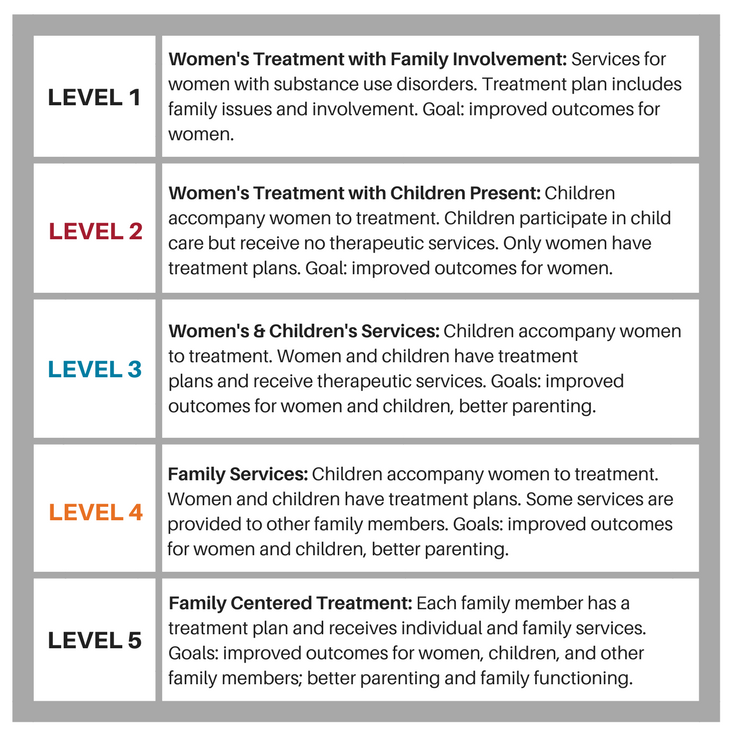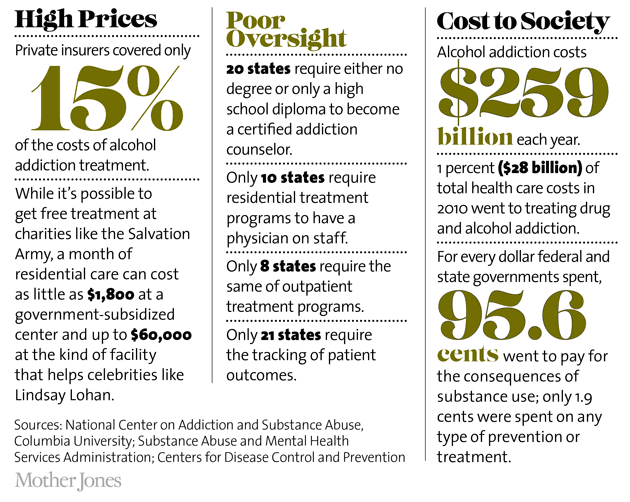This has actually sometimes resulted in the individual replacing one addiction for anotherwhat ASAM calls the "pathological pursuit of benefits" since the underlying cause was not dealt with. ASAM suggests that detailed addiction treatment should concentrate on all active and potential substances and habits that could be addictive (how does drug addiction start). ASAM bewared to explain that the reality that dependency is a main, chronic brain illness does not absolve addicts from taking responsibility for their habits.
According to the National Institute on Drug Abuse (NIDA) drug dependency is categorized as a mental health problem since addiction changes the brain in fundamental methods, disrupting an individual's typical hierarchy of needs and desires, and substituting brand-new priorities connected with procuring and using drugs. The resulting compulsive habits that override the capability to control impulses regardless of the effects resemble trademarks of other mental disorders.
Drug reliance is synonymous with dependency. By comparison, the criteria for substance abuse depends upon the damaging consequences of duplicated usage but does not consist of the compulsive use, tolerance (i. e., requiring higher doses to accomplish the same result), or withdrawal (i. e., symptoms that take place when usage is stopped) that can be indications of addiction.
The high prevalence of this comorbidity has actually been recorded in multiple national population surveys considering that the 1980s. Information reveal that persons detected with state of mind or stress and anxiety conditions have to do with twice as likely to suffer also from a substance use disorder (abuse or dependence) compared with participants in basic. The very same holds true for those diagnosed with an antisocial syndrome, such as antisocial character or carry out condition.
An Unbiased View of How To Prevent Drug Addiction
Although substance abuse and addiction can happen at any time throughout a person's life, substance abuse usually starts in teenage years, a period when the first signs of mental disorder typically appear. It is for that reason not surprising that comorbid conditions can already be seen among Drug and Alcohol Treatment Center youth. Significant modifications in the brain happen during teenage years, which might boost vulnerability to drug use and the development of dependency and other psychological disorders.
One of the brain Home page locations still developing throughout adolescence is the prefrontal cortex the part of the brain that allows us to assess situations, make noise decisions, and keep our feelings and desires under control. The fact that this crucial part of a teen's brain is still a work in progress puts them at increased risk for bad choice making (such as trying drugs or continuing abuse).
The more we learn, the better we understand the abilities and vulnerabilities of teenagers, and the significance of this stage for life-long psychological health. The truth that a lot change is happening beneath the surface might be something for moms and dads to bear in mind during the ups and downs of adolescence.
Quotes of the total overall costs of substance abuse in the United States, including productivity and health- and crime-related expenses exceed $600 billion annually. This includes approximately $193 billion for illegal drugs, $193 billion for tobacco, and $235 billion for alcohol. As staggering as these numbers are, they do not fully explain the breadth of devastating public health and safety ramifications of drug abuse and addiction, such as household disintegration, loss of employment, failure in school, domestic violence, and kid abuse.
Examine This Report on How To Get Help For Drug Addiction
It is frequently mistakenly assumed that drug abusers do not have ethical principles or determination and that they can stop utilizing drugs just by choosing to change their habits. In truth, drug dependency is a complicated disease, and quitting takes more than great objectives or a strong will - how to gain weight after drug addiction. In fact, due to the fact that drugs alter the brain in manner ins which promote compulsive substance abuse, giving up is hard, even for those who are all set to do so.
Treatment is available to help people counter dependency's effective disruptive effects. Similar to other chronic, relapsing illness, such as diabetes, asthma, or cardiovascular disease, drug addiction can be managed effectively. Drug addiction is an avoidable disease. Research study has revealed that avoidance programs including households, schools, neighborhoods, and the media are efficient in lowering substance abuse.
For centuries, addiction to alcohol and drugs has actually been seen as a moral stopping working. The individual addicted was considered as lacking in self-control. But while that view is still held by some individuals, a new model for comprehending addiction has actually increased to the leading edge in the clinical neighborhood. The truth is that addiction is a disease, and the research study is there to support it.
This development has big ramifications for those who are dealing with and combating against addiction. According to DrugAbuse. gov, "Addiction is a persistent, typically relapsing brain disease that triggers compulsive drug seeking and usage, in spite of hazardous repercussions to the addicted individual and to those around him or her." The secret here is that the addicted person will continue utilizing even when they see the damage their addiction is triggering.
A Biased View of How Can Family Members Help Drug Addiction
But addiction is identified by the. The patient http://alexisawwv349.wpsuo.com/4-easy-facts-about-what-is-the-treatment-for-drug-addiction-described will enter into remission, but may have a number of relapses before beating the illness completely. And like these illness, dependency too can be treated and managed. Numerous people who combat the disease model of addiction will make the point that the addicted person picks to begin utilizing drugs or alcohol.
Some individuals attempt drugs or alcohol and never get addicted. Others, nevertheless, have a biological or situational predisposition to addiction. Once they begin using, the addiction handles a life of its own and is much more difficult to control. Addiction is also considered a disease because it can cause modifications to the brain.
Every drug, consisting of alcohol, interrupts the benefit system in the brain. Regrettably, long-term use can trigger that affect the brain's ability to operate. Particularly, the areas of the brain that are tied to making choices, discovering, keeping in mind, and managing habits are all impacted. According to a paper published by Ruben D.


Volkow (both from the National Institute on Drug Abuse), "there appear to be intimate relationships in between the circuits interrupted by mistreated drugs and those that underlie self-control [] the time has come to recognize that the process of addiction wears down the same neural scaffolds that make it possible for self-control and proper choice making." With addiction deteriorating self-discipline, it's not a surprise that it's very difficult for a drug abuser to stop on their own.
Facts About How To Deal With Drug Addiction In The Family Uncovered
When you learn that dependency is an illness, 3 realities end up being clear: When an individual loses their life to a drug addiction, someone unquestionably says something along the lines of "they made their option." The thought goes that the addicted individual made the conscious choices to continue their drug addiction and they got what was concerning them.
While there is a component of choice included, making the right option is so much more difficult for someone with a dependency. The huge bulk of addicted people are not addicted since they wish to be, but due to the fact that they feel they need the substance. And oftentimes, their bodies are so reliant on the substance that they actually do.